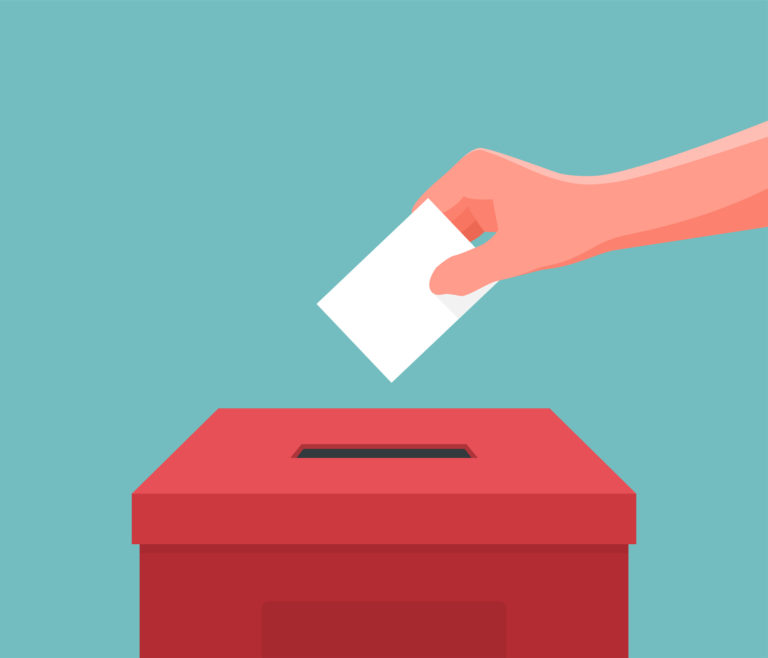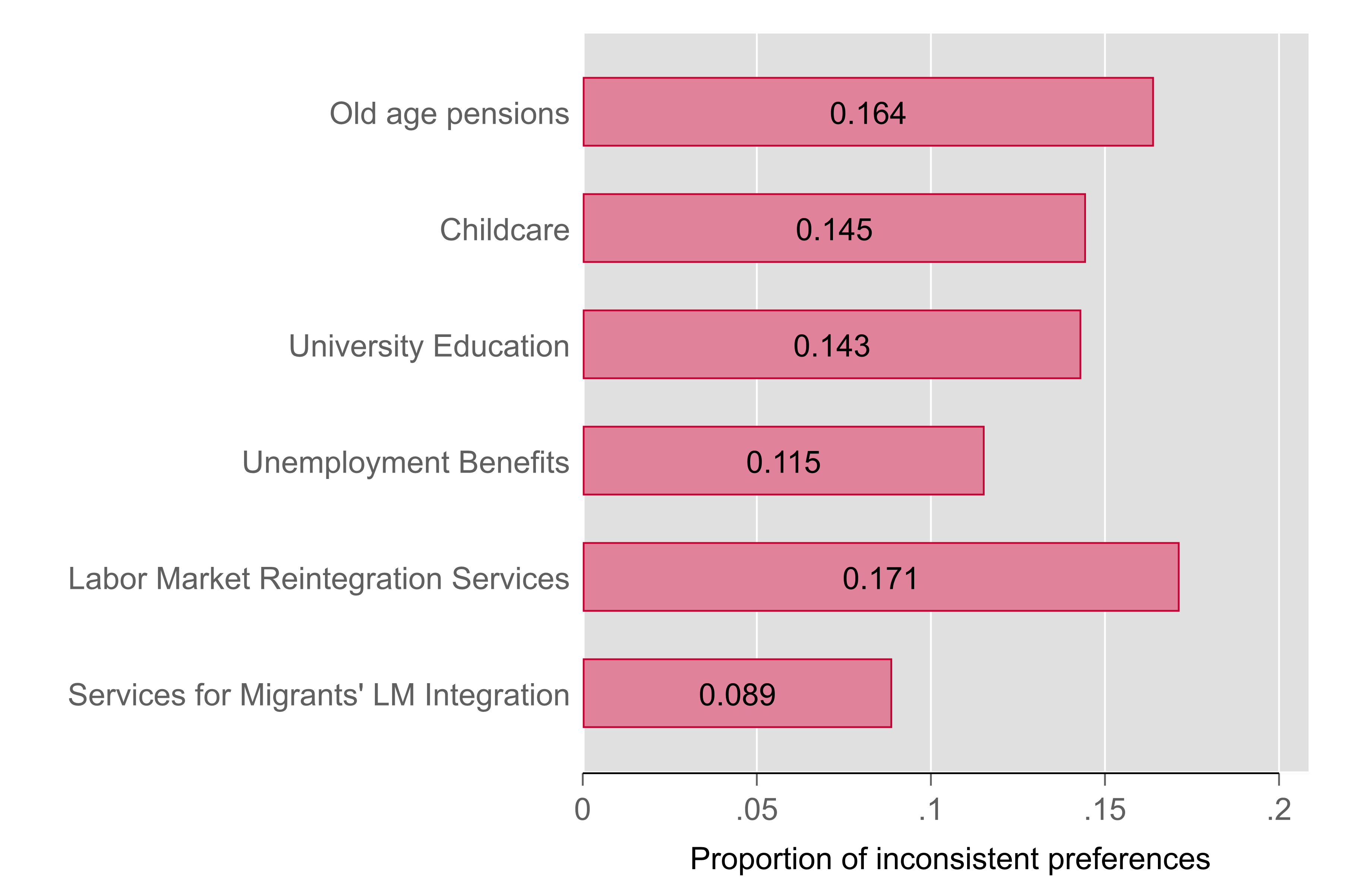Feelings play a crucial role in motivating people to act, and this includes political action. Emotions like anger and enthusiasm can be especially effective in spurring us to act against injustice and fight for our beliefs. However, most studies on emotions and political action tend to focus on activities such as putting up yard signs, protesting, or volunteering for political campaigns. But what about the most common political action of all – voting? The emotional aspect of voter turnout has not been explored enough, even though voting is an important way for people to express their political preferences and make their voices heard.
It’s easy to assume that anger and enthusiasm drive people to vote just like they do for other political actions, such as joining a protest or displaying a yard sign. However, voting is different because it’s not something that can be done right away after feeling a certain way about politics. Elections are held at specific times, often months or even years after an emotional event. Also, unlike other forms of political participation, voting is more of a habit that people tend to continue from one election to another, even if they aren’t currently experiencing any strong emotions about politics.
Figuring out how emotions relate to voter turnout is not an easy task. For starters, some people who didn’t vote might claim on surveys that they did, possibly to avoid feeling embarrassed. In democratic societies, there’s often a strong social expectation to vote, and not meeting that expectation can make people feel ashamed. Those who are particularly enthusiastic about a candidate may feel especially ashamed if they fail to show up at the polls. Furthermore, it’s not entirely clear which emotions researchers should focus on measuring. If someone like Bill is feeling angry because his mailbox got vandalized by teenagers, will that be enough to motivate him to vote? Or does his anger need to be related to a political issue for it to drive him to the polls?
To shed light on these questions, we surveyed 4,000 Americans who participated in the YouGov panel in 2017-2018. We asked them what makes them feel proud, angry, hopeful, and worried, and how intensely they experienced those emotions. We also randomly selected some participants and asked them about how they felt towards “things in the news,” while others were asked about their emotions towards “things in American politics.” This helped us understand whether emotions need to be politically oriented to motivate people to vote.
To understand the relationship between emotions and voting, we got information about participants’ voting behavior in two ways. First, we asked them directly if they voted in the 2018 midterm elections as well as the 2016 presidential elections. Secondly, we exploited the fact while one’s vote choices are private, whether you voted is a matter of public record. Verified records of turnout helped us identify those who told us they voted but actually did not do so in the 2018 election.
Our study uncovered some interesting findings. Firstly, we discovered that when we take into account people’s past voting behavior and examine the impact of emotions on whether someone had actually voted (according to the voter file), enthusiasm and anger don’t seem to be the primary drivers of voter turnout. Instead, worry appears to be the most powerful motivator. But why is that? One reason is that anger and enthusiasm leads some people to exaggerate their turnout, while worried citizens don’t seem as prone to over-reporting. Another reason is that anger and enthusiasm appear to help sustain voting habits, while there is suggestive evidence that worry is better getting people who haven’t voted before to show up at the polls.
Our study also found that the way we ask people about their emotions is crucial. When we asked people what in the news made them feel various emotions, emotions didn’t seem to have any impact on whether or not people voted. However, when we asked people what in politics made them feel these emotions, we found that worry (and anger) were strong motivators for voter turnout. This suggests that simply feeling an emotion in response to a non-political event isn’t enough to motivate political action like voting. Emotions need to be specifically directed at political issues in order to have political consequences.
It’s important to note that our study focused on the United States during the Trump era, so we should be cautious about overgeneralizing our findings to other contexts. However, our results do suggest that we should pay more attention to worry as a motivator for political action. Previous research has often viewed worry as something that discourages people from participating or simply leads them to gather more information without taking action. However, we found that worry can actually be a powerful motivator for voter turnout in a way that might not be true for other actions. If you’re worried about being arrested for protesting, it may make sense to think twice about attending a protest. But in a democratic country, if you’re worried about a particular political party coming into power, it makes sense to vote.
This blog piece is based on forthcoming the Journal of Politics article “Reassesing the Effects of Emotions on Turnout” by Joseph Phillips and Eric Plutzer, volume 85, number 3, July 2023.
You can read the research article on the JOP website. The empirical analysis of this research has been succesfully replicated by the JOP and replication files are availabe in the JOP Dataverse.
About the Authors
Joseph Phillips is a Postdoctoral Research Associate in the School of Psychology at the University of Kent. His research uses longitudinal, experimental, and computational methods to understand misinformation and political polarization in contemporary democracies. You can find further information here and follow him on Twitter: @polpsychjoe
Eric Plutzer is a Professor of Political Science and Sociology at Pennsylvania State University, and co-editor-in-chief of Public Opinion Quarterly. He studies public opinion, electoral participation and culture wars in US politics. You can find further information here and follow him on twitter: @ericplutzer


